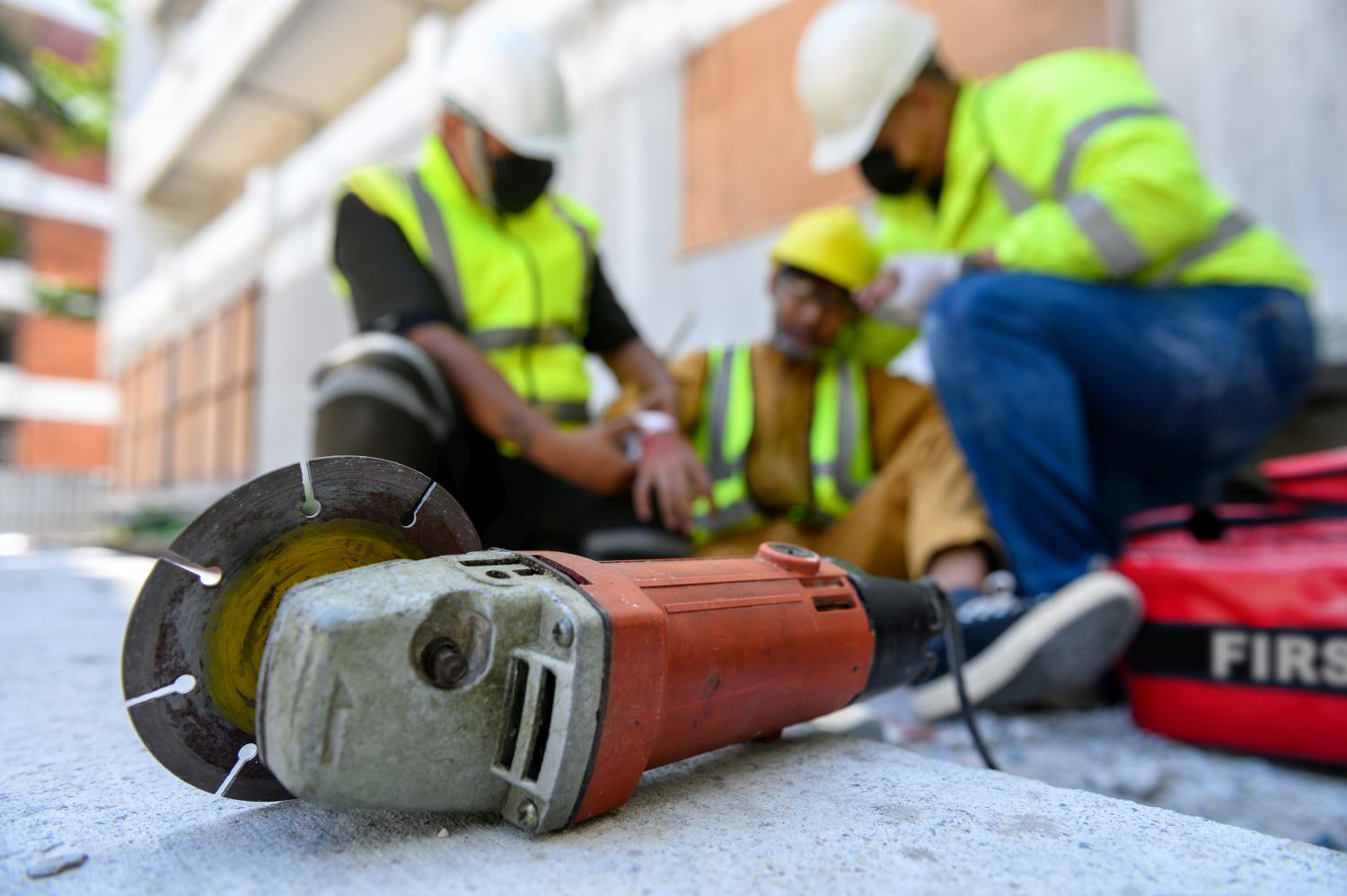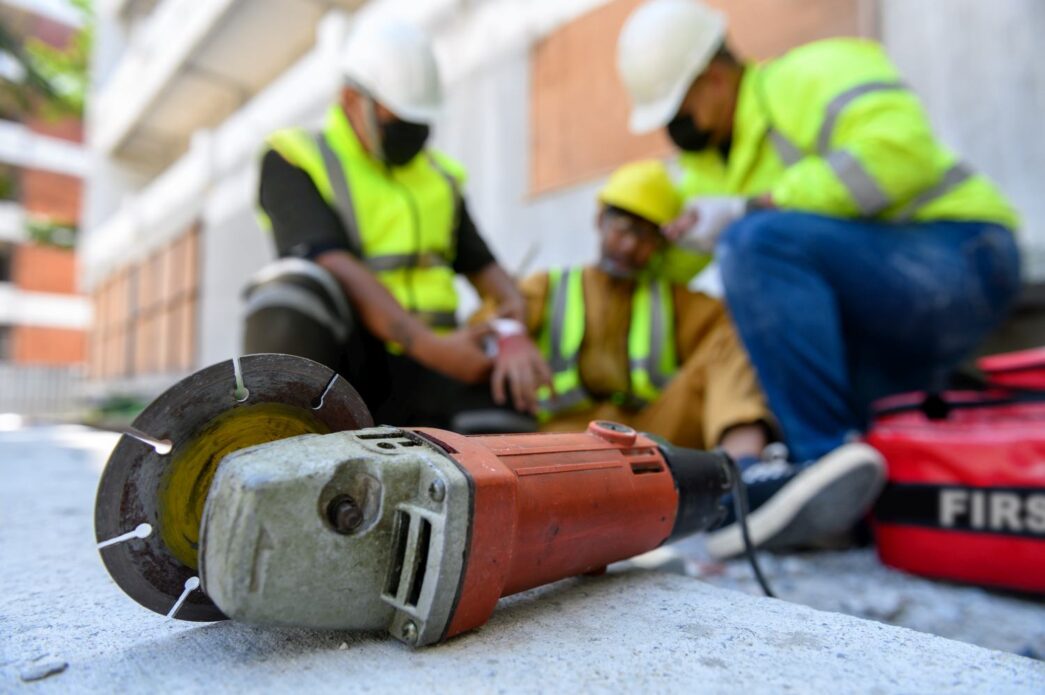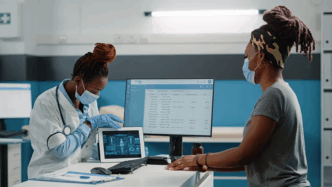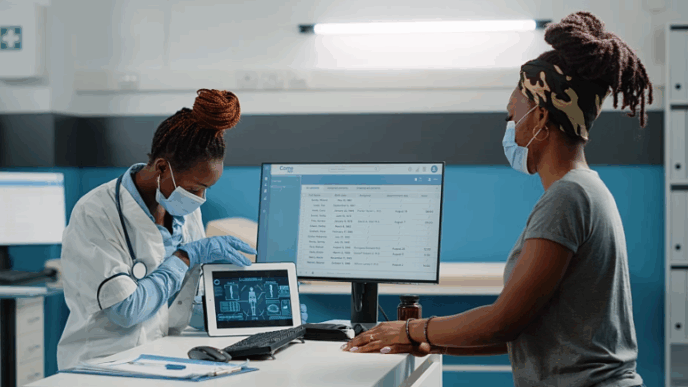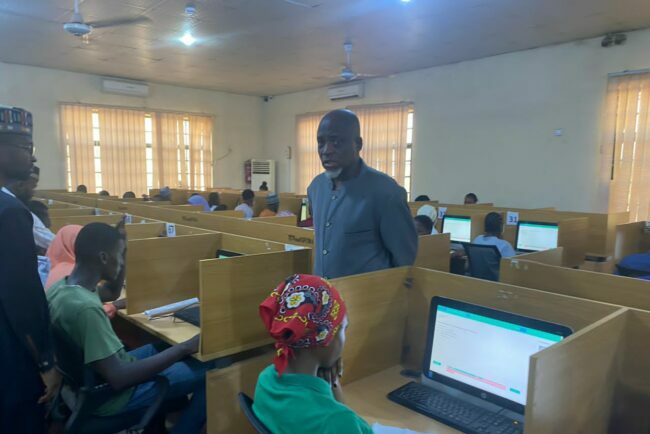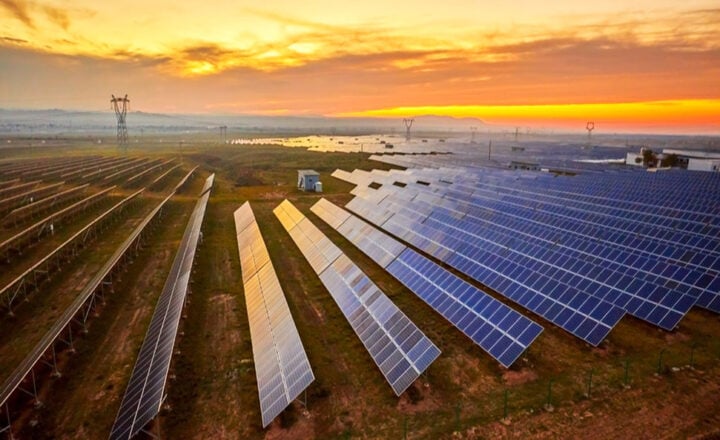BY MICHAEL ‘LEKAN ODUNLAMI
As an average worker, you face risks every day at work. If your job gets dangerous or sometimes hazardous, employer liability matters a great deal. Several Nigerian laws give you rights as an employee in a situation like this. The laws provide that all employers must provide safe tools, adequate training, hire competent staff, and provide hazard protection. Laws like the Factories Act 2004, Employees’ Compensation Act 2010, and Labour Act clearly spell that out. Employers must also register with NSITF to fund compensation.
Many small businesses skip these responsibilities and leave you exposed. Having regard to the aforementioned laws, employees are also protected under the common law of negligence, which imposes certain duties on employers towards their employees. Under common law negligence, employers are held liable if their employees suffer any form of injury flowing from failure to take reasonable care to protect them.
As usual, our focus in this column is all about how to help injured employees or ordinary people seek compensation for injuries sustained as a result of their employers or someone else’s fault respectively, and also to educate employers and the entire citizens on how to avoid liabilities, emanating from their omission to do what they are supposed to do or doing what they are not supposed to do.
Advertisement
For clarity, let us picture a construction worker working on a rooftop. He falls on site and gets badly injured, because his employer did not give him a harness or safety briefing and maybe, failed to provide a safe scaffolding, or a safety helmet, which ultimately contributed to the severity of his head injury, following the accident. In this instance, that employer faces liability if the employee decides to enforce his right and sue in negligence. The same applies if a factory worker loses a finger because the machine he operates lacked proper shields or maintenance. The company is at fault without a doubt, because the safety of the machine has been compromised. Or better still, let us take the case of a patient who contracts a communicable disease whilst under hospital admission, because the hospital failed to supply cleaning staff or take reasonable care to ensure the clinic is free of cross-infection. The hospital is liable for ignoring a foreseeable risk that could endanger the heath of their patient, and in such a situation, the patient can sue the hospital and claim compensation for the infection, treatment, pain and suffering.
The scenarios listed above are not mere imaginations, but rather a daily occurrence in several cities in Nigeria. Just because you haven’t witnessed one does not mean they are not happening. Accidents happen daily in Nigeria, but many victims simply keep quiet and accept their situation as the will of God. That is not so because, where there is blame, there is a claim. You can always make a claim for your injury if the injury is another person’s fault.
It is noteworthy, however, to state that employers aren’t automatically liable in all cases of work-related accidents because every case is peculiar. The courts may decide to reduce their liability if you contribute to the accident as a worker by failing to use the equipment provided by your employer; for example, if you ignore clear safety rules, or fail to wear a harness as a construction worker, goggles as an industrial welder, or fail to wear a pair of safety boots as a factory worker. Still, the bigger burden lies with your employer when you sustain any injury in the course of duty, because it will be up to the company to prove to the court that you were the cause of your own misfortune. Handing out safety manuals without follow-up doesn’t cut it by any means. Courts look for active enforcement of safety, not just lip service or merely providing the rules. In other words, it is not enough for an employer to issue safety rules or provide safety equipment; they must ensure that the set rules are enforced and the safety equipment is used safely. Otherwise, they will have questions to answer when they are sued.
Advertisement
In Nigeria, enforcement often falls short, owing to a weak enforcement framework and compliance, as well as weak institutions. Labour ministries and NSITF inspectors are stretched thin due to heavy workload and poor compliance by companies. One of the major causes of workplace accidents is that many employers cut corners to save costs. As a result of this act, employees get injured and sometimes fear retaliation from their employers if they report hazards to the management or relevant authorities. For example, a factory worker, who notices frayed wiring in an electrical system, informs his supervisor, who decides the maintenance could wait. As a result, a fire breaks out and the employee gets injured. It becomes a problem for the company, as they will be liable in negligence, where they may have to pay the employee a sizeable compensation for his injury.
In summary, it is the employer’s duty to keep you safe and limit their liability before the law, while the employees should also take reasonable care to follow safety rules and guidelines and avoid causing or contributing to their injury. In essence, a prudent employer must keep their equipment in good condition and replace worn parts fast immediately it comes to their notice. They must ensure that their staff are adequately trained on health & safety and must also ensure adherence and compliance. Employers must allow workers to report hazards anonymously and act on such reports.
Once a prudent employer sticks with this, it avoids accidents and lawsuits, while failure will result in harm and subsequently in court, leading to a huge compensation payout in some cases.
From time immemorial, records have shown that company profit and worker safety often clash, where more emphasis is placed on the former. When the job becomes dangerous and hazardous for the employee, then liability stays with the employer. They hold the power and responsibility to keep you safe as an employee.
Advertisement
This article is only meant for general understanding only and not legal advice. If you believe you’ve suffered any harm or injury due to your employer’s fault, and you are concerned about the high cost of hiring a lawyer, you can reach out to an experienced personal injury lawyer who can handle your case on a “NO WIN, NO FEE” arrangement, which simply means you only pay if you win and get compensation.
Michael ‘Lekan Odunlami, Esq. is a Lagos-based personal injury lawyer at Claybrook Attorneys. He can be contacted via [email protected]
Views expressed by contributors are strictly personal and not of TheCable.
